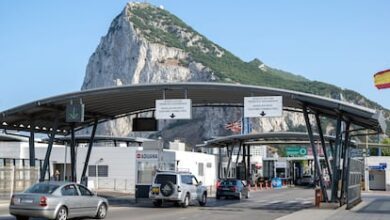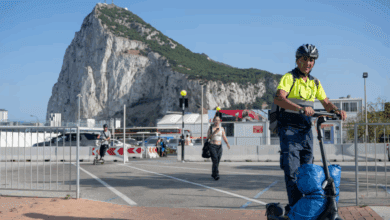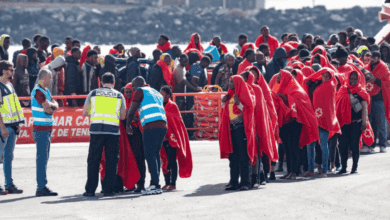
In the capital region of Spain, on the eve of a major strike organized in solidarity with Palestine, special measures were introduced to ensure the functioning of key sectors of city life. Madrid authorities decided that even amid mass protests, transport, healthcare, and educational institutions would not completely cease operations.
During morning, midday, and evening peak hours, metro trains will run at up to 80% of their regular schedule, and at half capacity during other times. City buses will provide 30% of service on main routes and 20% on secondary lines. Intercity buses will operate at 50% capacity from early morning until 9:30, then reduce to 45% for the rest of the day. The light rail will also cut the number of trains: half will run during peak times, with only a third operating at other times. Cercanías commuter trains will run at 75% during peak hours and at 50% outside peak times.
The organizers of the protest, including trade unions and civic groups, aim to draw attention to the situation in Gaza and the international response. The strike includes not only full work stoppages, but also partial suspensions and large-scale demonstrations. The event coincides with recent news of attempts at a peaceful resolution between Israel and Hamas mediated by the US.
In institutions subordinate to the region, the strike schedule will depend on the work shifts: from 10:00 to 12:00 for morning shifts, from 17:00 to 19:00 for evening shifts, and from 2:00 to 4:00 for night shifts. Hospitals and outpatient clinics will maintain duty staff as on weekends and holidays to prevent interruptions in emergency care. Medical facility management is required to ensure at least 35% of staff are on duty. There will be enough doctors and nurses to provide urgent care and home visits to reduce the burden on emergency departments.
Special rules have also been introduced in schools and kindergartens. Principals and vice principals must be present, and more teachers will be provided for young children and students with special needs. In kindergartens, there will be one caregiver for every ten children under the age of one, and for older children, one caregiver per 18 or 20 children. Staffing at special schools and rural education centers will be increased to ensure no child is left without attention. Meals in schools and kindergartens are guaranteed only for the youngest and for students with special needs.
Social services, aid organizations, and centers for the elderly and people with disabilities will operate on a weekend schedule to ensure care for those in need, food delivery, and transportation. Courts and prosecutor’s offices will maintain a minimal staff to continue work on domestic violence cases, civil registry matters, and forensic examinations. Emergency services will also continue to operate without changes.











